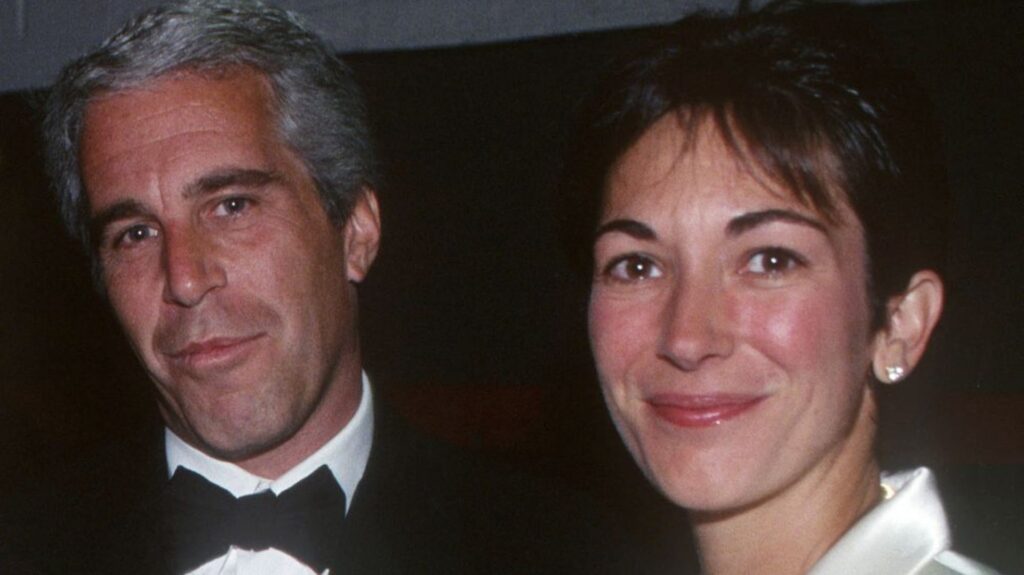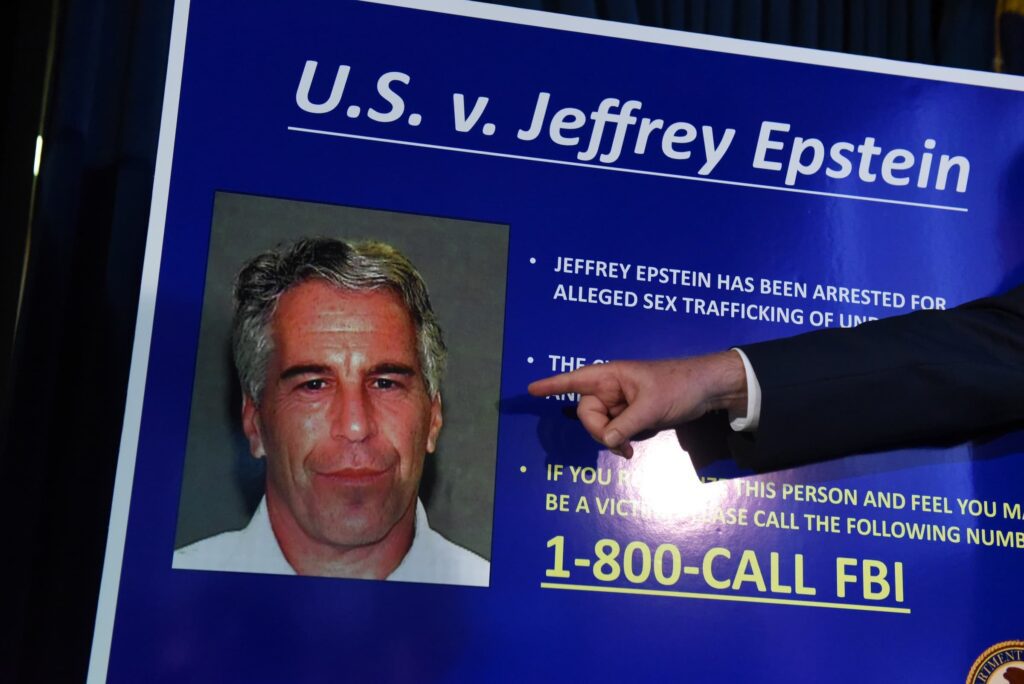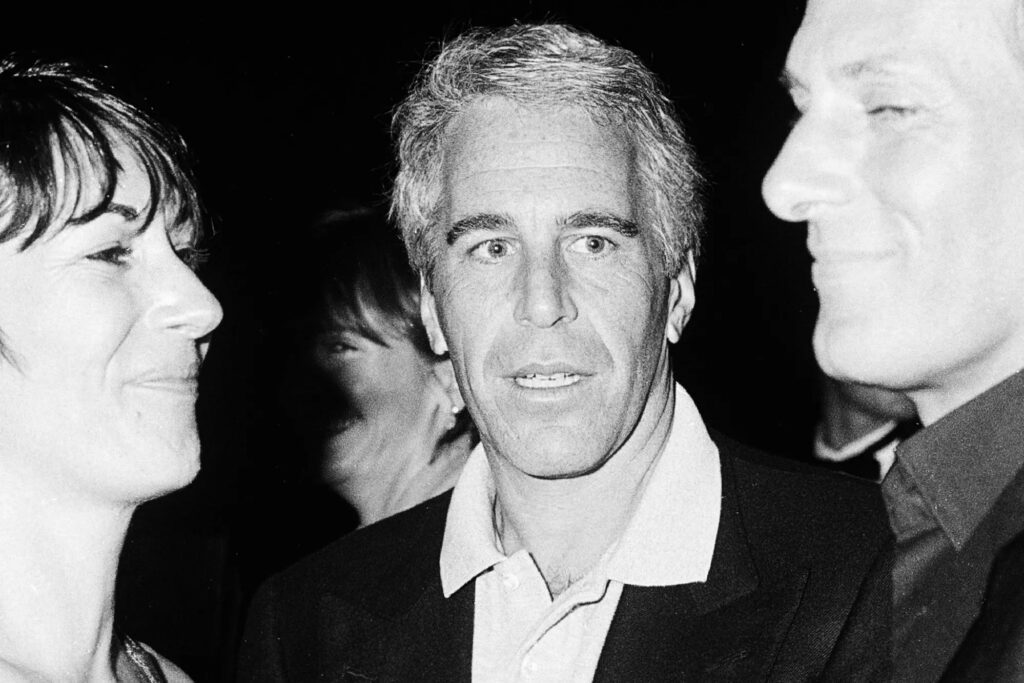
Was Al gore really associated with Jeffrey Epstein?
In a world where truth often seems stranger than fiction, a recent revelation has sent shockwaves through the corridors of power and celebrity. The name of former Vice President Al Gore has surfaced in a trove of documents related to the infamous Jeffrey Epstein case. But before we jump to conclusions, let’s unravel this complex web of names, allegations, and insinuations.

The Intriguing Unsealing
The documents in question emerged from a lawsuit filed by Virginia Giuffre, a name now synonymous with courage in the face of adversity. Giuffre has accused Epstein of abusing her when she was a minor and alleges that his girlfriend, Ghislaine Maxwell, was complicit in this abuse.
Epstein’s story is a dark tale of sex trafficking and exploitation, ending with his untimely death in a jail cell in 2019. Maxwell’s conviction in 2021 added a chapter of partial closure to this sordid narrative.
In this swirling maelstrom of names and accusations, Al Gore’s inclusion might seem like a dramatic plot twist. But here’s where we need to tread carefully. Being named in these documents doesn’t imply guilt or complicity. Most of the individuals listed had been mentioned in previous legal proceedings or media reports, primarily for their social or professional connections to Epstein, rather than any alleged wrongdoing.
The Al Gore Connection
Gore’s political journey, as the Vice President under Bill Clinton and his own presidential run, has been well-documented. However, his appearance in the Epstein documents has raised eyebrows.
But does this mention equate to guilt? The answer is nuanced. The documents do not list Gore as one of Epstein’s clients. Instead, his name appears in relation to a deposition and a court filing, neither of which accuses him directly of any misconduct.
In our digital age, social media can be both a court of public opinion and a breeding ground for misinformation. Posts alleging Gore’s direct involvement with Epstein have circulated widely, but these claims lack substantive evidence. The online discourse has been rife with speculation and insinuation, underscoring the need for rigorous fact-checking in the face of sensational claims.

A Broader Perspective
This story isn’t just about Al Gore or Jeffrey Epstein. It’s a window into a world where power, influence, and misconduct often intersect, leading to a complex web of relationships and interactions. High-profile individuals, from politicians to celebrities, find their names dragged through the mud, sometimes without substantial proof. The challenge lies in discerning the truth amid a deluge of allegations and accusations.
The Epstein saga has a wider impact, touching on issues of power dynamics, the justice system, and media responsibility. It’s a story that prompts us to question how we consume and disseminate information, and how we respond to allegations against public figures. In a climate where sensationalism often trumps nuance, understanding the broader context is crucial.

In conclusion, the mention of Al Gore in the Epstein documents opens up a Pandora’s box of questions and theories. While it’s tempting to jump to conclusions, it’s important to remember that a mention does not equate to guilt.
As we navigate this intricate narrative, we’re reminded of the power of responsible journalism and the importance of separating fact from fiction. So, as we ponder the twists and turns of this saga, we must ask ourselves: Are we too quick to judge based on incomplete information?







